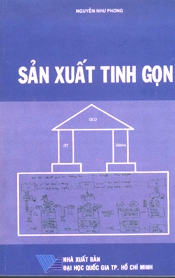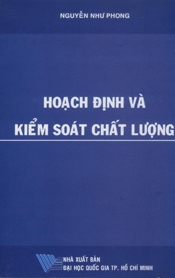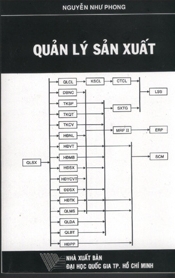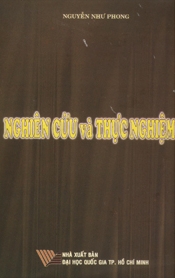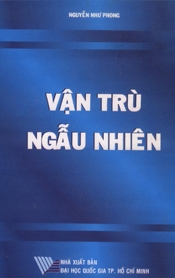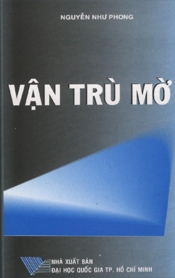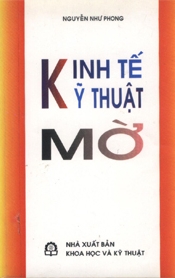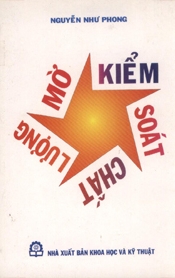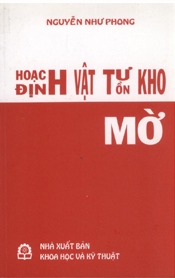
| Toward a Theory of Continuous Improvement and the Learning Curve. |
|
Toward a Theory of Continuous Improvement and the Learning Curve. QM 20 Willard I. Zangwill * Paul B. Kantor Graduate School of Business, 1101 East 58th Street, University of Chicago, Chicago, Illinois 60637 Tantalus, Inc. and RUTCOR, Rutgers University, New Brunswick, New Jersey 08903
Continuous improvement (CI) unceasingly strives to improve the performance of production tand service firms. The learning curve (LC) provides a means to observe and track that improvement. At present, however, the concepts of CI are abstract and imprecise and the ra- tionale underpinning the LC is obscure. For managers to improve processes effectively, they need a more scientific theory of CI and the LC. This paper begins to develop such a theory. Our approach is based on learning cycles, that is, in each period management takes an action to improve the process, observes the results, and thereby learns how to improve the process further over time. This analysis suggests a differential equation that not only characterizes continuous improvement but also reveals how learning might occur in the learning curve. This differential equation might help management to evaluate the effectiveness of various procedures and to improve and enhance industrial processes more quickly. Keywords Continuous Improvement; Improvement; Learning; Learning Cycle; Learning Curve; Learning Theory; Man- agement Effectiveness; Quality; Total Quality Management; Value Added; Deming; Lotka; Volterra
|



